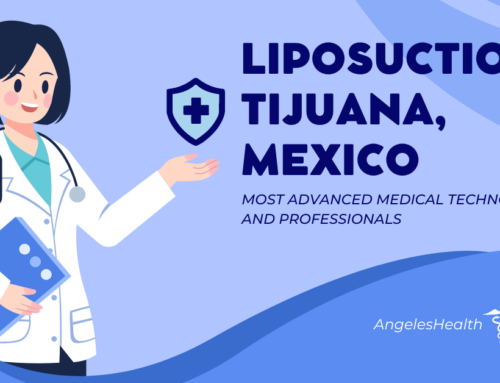April 7th was World Health Day , and this year it brought to light a problem that is global, ubiquitous and if allowed to continue unchecked will become ever more devastating. This year the WHO uses World Health Day to shine a spotlight on the overuse of antibiotics, calling on governments and stakeholders such as medical practitioners to implement the policies and practices needed to prevent and counter the emergence of highly resistant microorganisms what might be thought of as the world’s tiniest international terrorists.
Each year nearly 100,000 Americans succumb to so-called “superbugs“, or antibiotic-resistant infections. Superbug infections have developed ad a direct response to the overuse of antibiotics and in addition to the associated mortality carry with them a financial burden of more than $35 billion a year.
Alarmingly, antibiotic resistance looks to be a trend that will continue unfettered because “we don’t have control over antibiotic use in the country, in the world,” said Dr. Stuart Levy, a molecular biologist at the Tufts University School of Medicine in an interview on the subject January 2011 in a Dan Rather special report. In the story, Levy stated that antibiotics are grossly misused, and developing global antibiotic use guidelines is the first step in controlling resistance.
Is such a nationwide efforts feasible, or even possible? In Norway it is. Norway’s prudent antibiotic use has resulted in it becoming the global leader in the lowest rate of antibiotic resistant infections.
The WHO attempts to answer Levy’s call on World Health Day 2011, when it will use the April 7th to raise awareness of the need to reduce global antimicrobial resistance and create a consolidated impetus, worldwide, through a 6 point policy package to combat the further spread of microbial resistance. Success is urgently needed, it says, to avoid a regression to a pre-antibiotic era.
In 2010, the World Health Organization’s World Health Campaign focused on “1,000 cities and 1,000 lives” in a series of events organized worldwide designed to open up a total of 1,000 public spaces to health such as activities in parks, town hall meetings, clean-up campaigns and closing off portions of streets to motorized vehicles in support of a worldwide ‘passagata’ (a sort of national pre-dinner stroll walk practiced in many countries around the world with the lowest obesity rates, including Italy and Brazil). The campaign also strove to collect 1,000 stories of those the WHO dubbed ‘urban health champions’, i.e. people whose actions have had an impact on the health of their cities.






